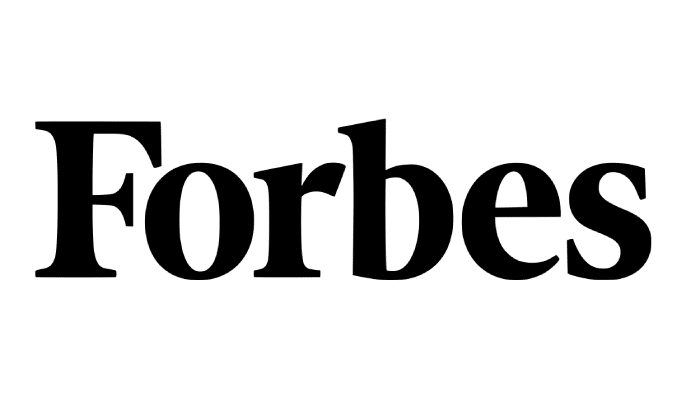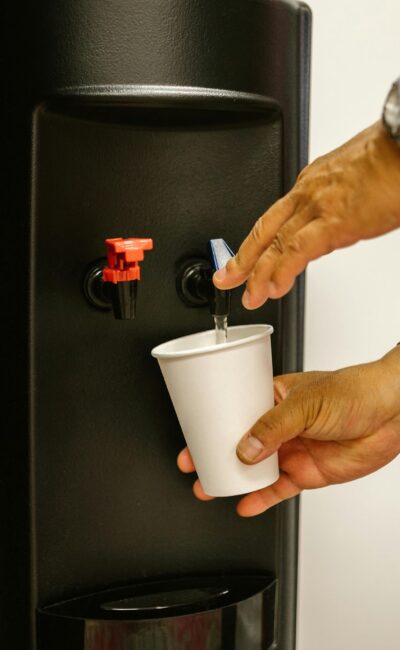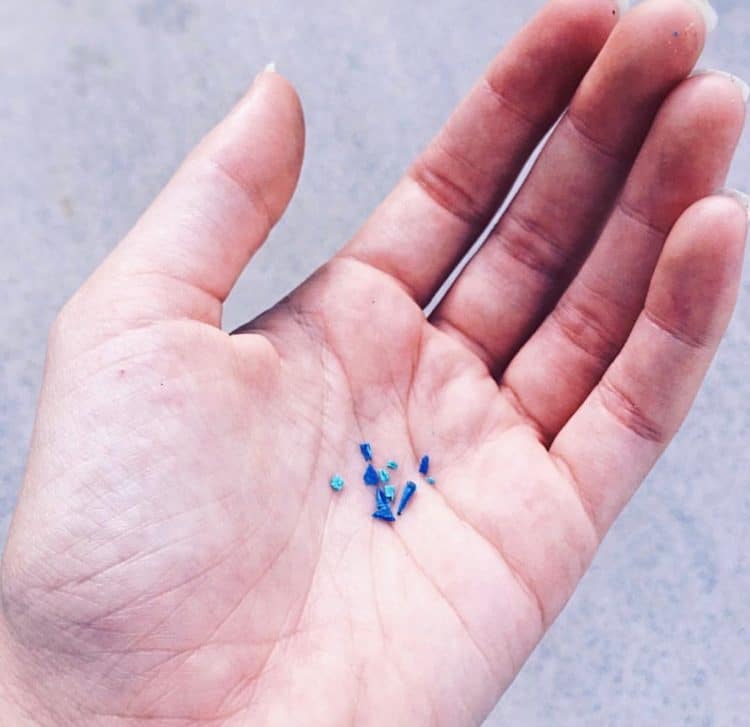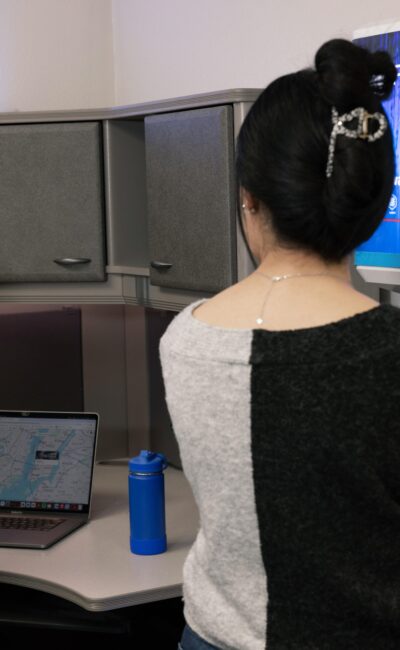Summit Series has built an incredible brand since its inception back in 2008. From their humble beginnings, a 19 person invite-only event in Park City, Summit has grown into a community of 18k people in 50 countries. Look no further than its speaker lineup (the Founders/CEO’s of Uber, SpaceX, LinkedIn, Beyond Meat, TPG Capital, and more) to get a sense of how highly valued their platform is.
Amidst all these important folks, awash in a sea of successful and aspirational attendees, was an important initiative that created the foundation for making this event even more meaningful than usual.
Most events like these can be quite taxing on the planet. Single use plastics, food waste, and other factors (like air travel) are often the largest contributors to an events’ footprint.
To Summit’s credit, they did a lot to make this event more sustainable, and they did so by delivering sustainable food & beverage throughout the event.
Here are some of the highlights:
Plant-based Lunches
By incorporating an exclusively plant-based lunch for ~4,000 throughout LA19 (12,000 lunches), they helped save 2,748 animals from being eaten, 76,672 pounds of carbon from being produced, 92,444 square feet of forest, and 2,222,963 gallons of water.
By making the choice to eat one plant-based meal each day (recently championed by Oprah), consumers can avoid wasting 194,667 gallons of water + 772 pounds of carbon emissions annually.
FloWater Refill Stations
Summit expanded on their partnership with FloWater, by increasing the number of FloWater stations around campus. This resulted in 20,128 plastic bottles being saved from landfill, 1,887 gallons of water used from the source instead of filling up plastic bottles, 80,512 oz or 15 barrels of oil saved, and 241,536 oz or 1,887 gallons of water saved from being used to manufacture plastic water bottles.
Stojo Reusable Cups
Summit removed water bottle partners from the entire campus and instead offered disposable cups that were 100% compostable. Summit also partnered with Stojo to distribute over 3,000 collapsable, reusable coffee cups – one for every attendee.
Clean Vibes Waste Management
Lastly, Summit continued their partnership with Clean Vibes, a waste management company that helped sort and properly manage 22,626 pounds of recycled material, 27,088 pounds of landfill, and for the first time, they were able to compost 2,144 pounds of material.
One of the most heavily attended sessions was with Ethan Brown, CEO of Beyond Meat, and Lindsey Vonn, one of the most successful athletes of all time, who recently shifted to a plant-based diet to help her recover from previous injuries.
Given the successful IPO of Beyond Meat and all the buzz around plant-based products, it wasn’t surprising that attendees were eager to get input on where the industry is heading and how players like Beyond Meat can continue to excel in the face of rising competition.
While the content from each speaker was excellent, what was really impressive was the high-level questions that were asked during Q&A. Everything from GMO’s, to cultivated meat, and even the pricing of plant-based products versus conventional were addressed.
Another session of note came from Paul Stamets, known in many circles as the godfather of mushrooms. While most are familiar with his enthusiasm for fungus, what blew away the crowd was his work using mushrooms to help with bee colony collapse. Due to various factors, bees are dying at an alarming rate around the world. In addition to this being a real bummer for the bees, it’s a real threat to us humans too.
Bees pollinate 80% of the world’s plants including 90 different food crops. 1 out of every 3 or 4 bites of food you eat is because of the hard work done by bees.
Stamets has developed the BeeMushroomed Feeder (BMF), a delivery system for mushroom mycelium extract, which has shown promising results at improving the immune systems of bees and helping them fight off some of the most common diseases that are driving their collapse. This could be a real game changer.
Arguably the highlight of the summit was a breakout session organized by Breanna Schultz. Breanna helped shine a light on the work of Chief Raoni, a central figure in the fight for protecting the Amazon Rainforest, which is being devastated by fires to clear land for raising cows and their feed. The Chief met with around 30 people in a closed-door session to discuss the efforts of his community to protect their homeland, the links between forest fires and our food system, and what everyone in the room could do to support them. It was very powerful.
On a lighter note, even the cocktails were sustainably sourced at Summit.
Trash Tiki, a globally touring anti-waste punk pop-up, makes all of their drinks from would-be waste ingredients. Stuff from kitchens, bars, and coffee shops, or anything from fruit pulps, almond croissants, citrus husks, and coffee grounds to create their cocktails. Thus, they’re proving that you can get wasted without being wasteful.
As consumers increasingly look to spend more money on experiences over things, it’s becoming even more important that all event organizers consider the various ways in which they can lower their footprint on the planet, and even use it as a way to attract more attendees. Summit has done a great job showing the way. Let’s hope everyone else follows.
Read original article here




